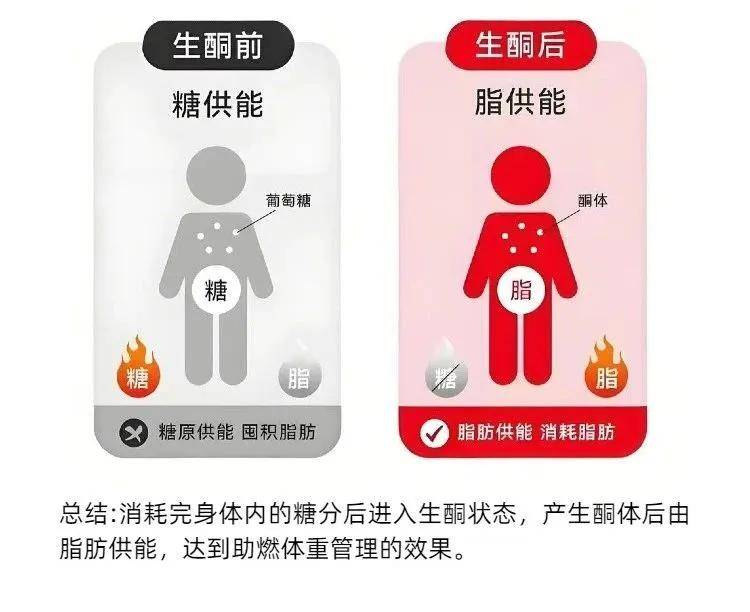The ketogenic diet (KD) is a formulaic diet with a high proportion of fats, low proportion of carbohydrates, and suitable levels of protein and other nutrients. When people follow a ketogenic diet, the body metabolizes to produce more β-hydroxybutyrate (BHB), acetone, and acetoacetate (AcAc) ketone bodies to serve as an energy source.
Currently, the ketogenic diet has become a “trendy” dietary pattern, with many people using this approach to aid in weight loss and reduce blood sugar. Research has also shown that the ketogenic diet can help combat cancer by reducing the glucose needed for tumor growth. The ketogenic diet requires less carbohydrate intake and more fat, and consuming more fats not only enhances longer satiety but also makes fat loss more efficient.
Are you feeling a bit tempted by the ketogenic diet at this point? Hold on, while the ketogenic diet as a treatment for epilepsy has gained global recognition for its effectiveness and safety, is it safe as a daily dietary habit for ordinary people?
On August 5, 2024, researchers from the University of Bath in the UK published a research paper titled “Ketogenic diet but not free-sugar restriction alters glucose tolerance, lipid metabolism, peripheral tissue phenotype, and gut microbiome: RCT” in the journal Cell Reports Medicine. This study involved 60 participants in a 12-week clinical trial and found that while the ketogenic diet effectively reduces body fat, it also raises levels of some “bad lipids,” such as LDL and apolipoprotein B, and worsens glucose tolerance and fasting blood sugar metrics.
The study designed three groups: the moderate sugar diet MODSUG (as a control group), the low sugar diet group LOWSUG (with less than 5% of calories from sugar), and the ketogenic diet group LOWCHO (with less than 8% of calories from carbohydrates).
Each group’s nutritional composition
⊕ Cholesterol changes: In the ketogenic diet group LOWCHO, the concentration and content of all sizes of low-density lipoprotein (LDL) particles increased while the levels of medium-high-density lipoprotein (HDL) particles decreased, leading to increases in total cholesterol and apolipoprotein B.
⊕ Changes in gut probiotics: The ketogenic diet significantly altered the composition of gut probiotics, leading to a substantial reduction in bifidobacteria. Bifidobacteria play important roles in synthesizing vitamins, inhibiting pathogens, and lowering cholesterol. In contrast, the low-sugar diet had a negligible effect on gut microbiota. The fiber intake in the ketogenic diet significantly dropped to about 15 grams daily, which is only half of the recommended amount, potentially leading to a decrease in bifidobacteria and increasing long-term health risks such as irritable bowel syndrome, intestinal infections, and weakened immune function.
⊕ Changes in glucose tolerance: The ketogenic diet would reduce glucose tolerance, which may be a physiological adaptive response to reduced carbohydrate intake, causing increased insulin resistance in muscle regarding carbohydrate storage. While this insulin resistance is not necessarily harmful in the short term, if it persists long-term, individuals might find themselves at greater risk of developing type 2 diabetes when switching back to a high-carbohydrate diet.


